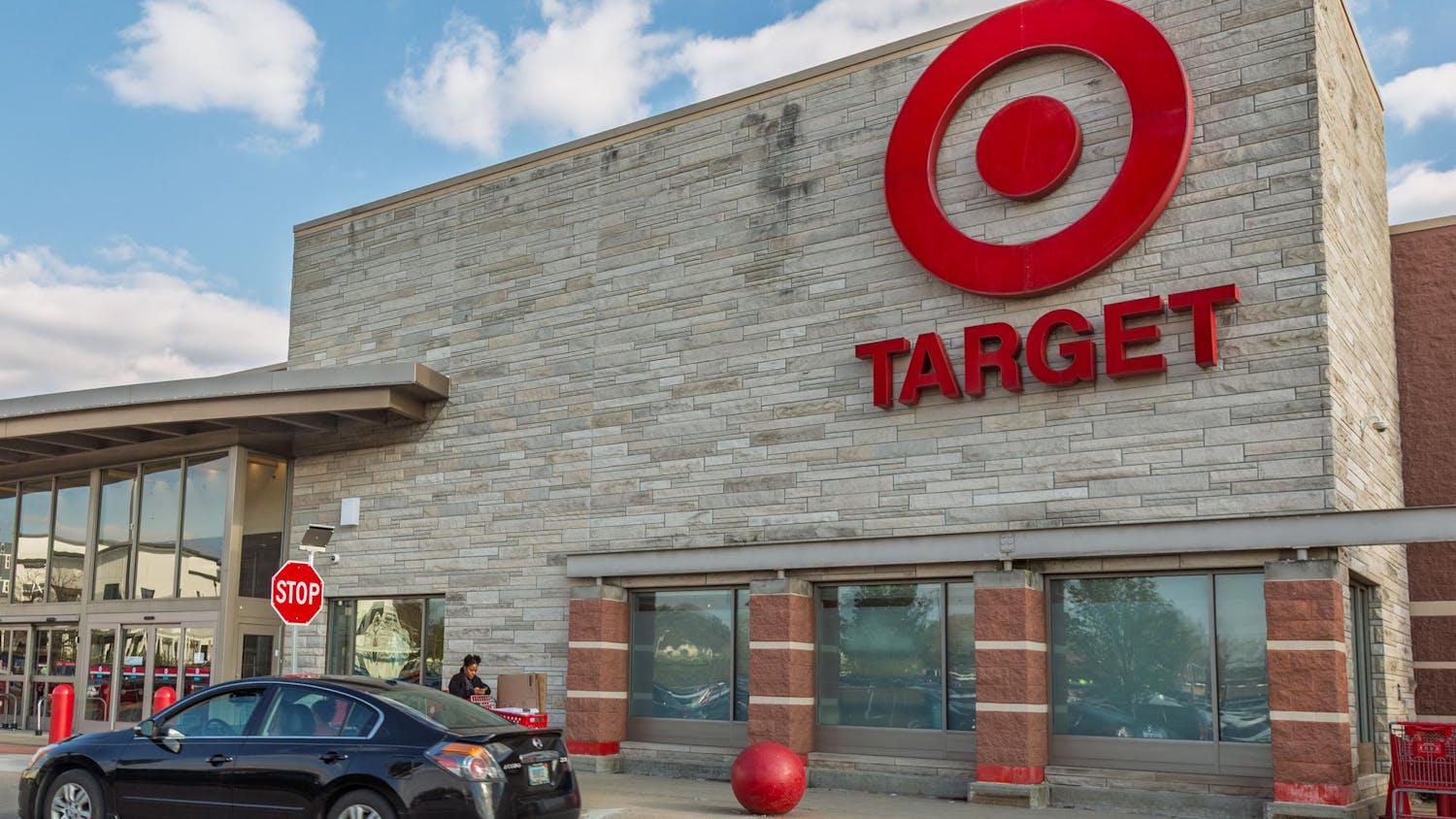JERUSALEM -- Israelis and Palestinians were lining up support for a showdown at the United Nations over Israel's planned security barrier in the West Bank, while violence erupted in the Gaza Strip and four Palestinians were killed.\nPalestinians and the Arab world were elated by a nonbinding world court ruling Friday that declared the barrier illegal and said it should be dismantled.\nThe Palestinians have said they'll seek the support of the world body's members in the General Assembly, then go to the 15-nation Security Council, which can order action.\nIsrael said the International Court of Justice in The Hague had no right to make such a decision and it planned to continue building the 425-mile barrier of high concrete walls, razor-wire fences, trenches and watchtowers.\nIsraeli Foreign Minister Silvan Shalom said he asked U.S. officials to prevent the adoption of any U.N. resolution aimed at enforcing the court's ruling.\nIn the Gaza Strip, an explosion Saturday killed four Palestinians in what Palestinian officials said was an Israeli tank attack on a car in al-Zahra, on the outskirts of Gaza City.\nThe army, which had helicopters and tanks in the general area of the blast, said it had not fired at any vehicles and that its soldiers were not in the immediate area of the explosion. Earlier, intense clashes broke out in the nearby Jewish settlement of Netzarim.\nPalestinian Prime Minister Ahmed Qureia told European Union envoy Marc Otte Saturday that he hoped the Americans would not "sabotage our efforts" at the United Nations, meeting participants said.\n"It is the responsibility of the international community, it is the responsibility of the U.N., to put (in place) a mechanism to commit Israel to this decision," Qureia told reporters later.\nOtte made no commitment, though he noted past EU objections to the barrier, which dips deep into the West Bank in some areas, and has disrupted the lives of thousands of Palestinians.\nAbout a quarter of the barrier has been completed.\nWashington, which often has used its veto in the 15-nation Security Council to block resolutions critical of Israel, disagreed with the world court on the issue and said it believed no further U.N. action is necessary.\nShalom's spokesman Moshe Devi confirmed that the foreign minister had approached Washington in the matter last week, but said he also had asked the 25 EU nations for backing.\n"We hope that the Americans will help us, of course. But we are not counting on just the Americans," Devi said.\nIsrael and the United States were sticking to their positions -- that the world court should not interfere because the issue is political, not legal, and could disrupt Mideast peace efforts.\nIsrael says the barrier has prevented suicide bombings, pointing to a sharp drop in the number of casualties since construction began. Palestinians say the complex of fences, trenches and razor wire is a land grab.\nAlthough many in the Arab world welcomed the court ruling, some were skeptical about the possibility of U.N. action.\n"Americans will be waiting there with a ready veto," Sheik Hassan Nasrallah, the leader of Hezbollah guerrillas, said in Lebanon.\nIsraeli Prime Minister Ariel Sharon and his government planned to meet Sunday with the attorney general to discuss implications of the court's advisory opinion.\nPalestinian leader Yasser Arafat, in a speech congratulating graduates of a security training program, called the decision a decision by "the world it is standing beside the Palestinian people against the apartheid wall."\nAhmed Qabah, a Palestinian farmer from the West Bank village of Turah al-Rabia, said Israel confiscated a quarter-acre of his land to build the fence.\n"I believe that the high court decision has exceeded all of the Palestinians expectations," Qabah, 40, said, but added that "Israel and the U.S. will not commit to the court's decision."\nIn the Gaza Strip, Palestinian residents said Israel has tightened its security crackdown -- now in its 12th day, leaving them short of water, milk and other essentials. The army operation, aimed at stopping rocket attacks, began after a June 28 strike near a nursery in the Israeli town of Sderot killed two people, including a 3-year-old.\nIn other violence Saturday, Palestinian residents and medical workers reported a 16-year-old girl was shot dead near the border with Egypt. The army said it had no information on the death of a teenager in Rafah.\nThree Palestinian women also were injured in Beit Hanoun, target of the Israeli siege aimed at ending rocket attacks.
Palestinians, Israelis react to Hague ruling
U.N. court calls security barrier illegal
Get stories like this in your inbox
Subscribe



